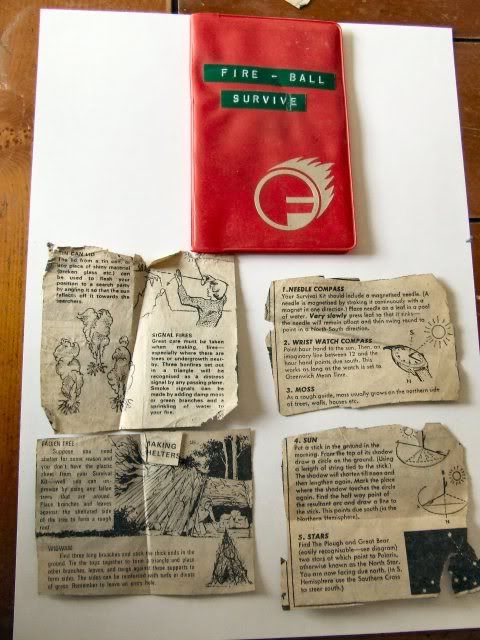"Hello, I'm Dan and I'm a preparedness addict"
... and yet, I generally don't carry a survival kit. But I noticed even when wandering about town, I am rarely without a knife, a lighter, decent clothing and usually a small light.
On the hills or in the Jungle, I carry my more bulky kit in a light pack, but my small, frequently needed and important items are in my pockets. It always seems to 'surprise' me that the thing I really need at that moment is always about my person and if it fails, there is a backup of sorts. But then, I don't carry junk; I have no book to read, no music, no snacks. Just enough for a hot brew, a few slices of bacon and a cup of porridge in the morning and the sound of birdsong.
I do occasionally carry some items of 'survival' gear, but not in a sealed pack. I use it. A foil blanket makes a good sleeping cover over a bag liner if lightly draped and then a bin-bag or a poncho. By cycling my gear, I know I will have a fresh new kit that is appropriate to the terrain, and not end up with the woodsman's nightmare of opening a sealed survival pouch with frostbit hands to discover a damp book of matches, a dead torch, rusty fishooks and razor blade and a spaceblanket that has adhered to itself.
... and yet, I generally don't carry a survival kit. But I noticed even when wandering about town, I am rarely without a knife, a lighter, decent clothing and usually a small light.
On the hills or in the Jungle, I carry my more bulky kit in a light pack, but my small, frequently needed and important items are in my pockets. It always seems to 'surprise' me that the thing I really need at that moment is always about my person and if it fails, there is a backup of sorts. But then, I don't carry junk; I have no book to read, no music, no snacks. Just enough for a hot brew, a few slices of bacon and a cup of porridge in the morning and the sound of birdsong.
I do occasionally carry some items of 'survival' gear, but not in a sealed pack. I use it. A foil blanket makes a good sleeping cover over a bag liner if lightly draped and then a bin-bag or a poncho. By cycling my gear, I know I will have a fresh new kit that is appropriate to the terrain, and not end up with the woodsman's nightmare of opening a sealed survival pouch with frostbit hands to discover a damp book of matches, a dead torch, rusty fishooks and razor blade and a spaceblanket that has adhered to itself.


